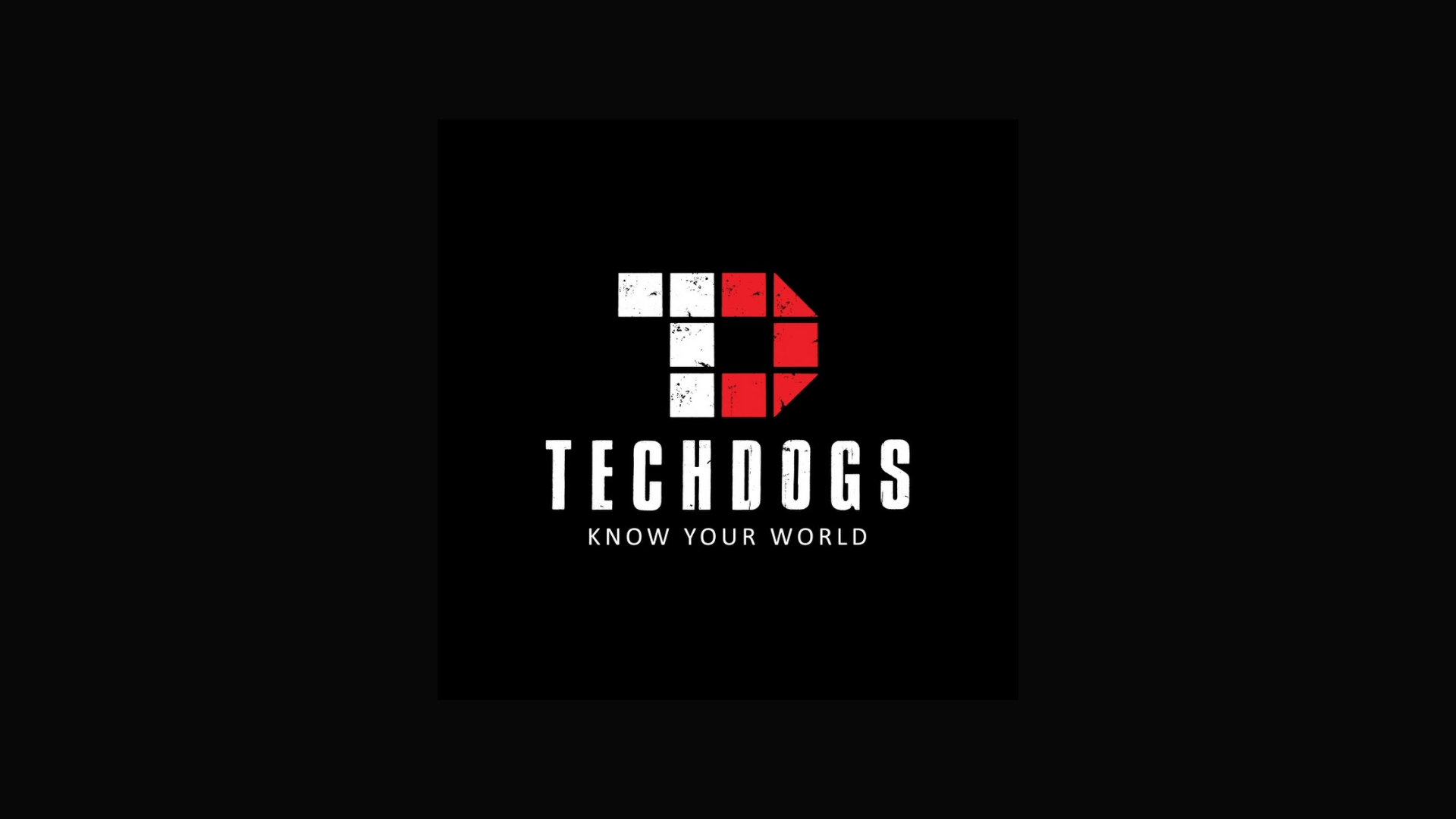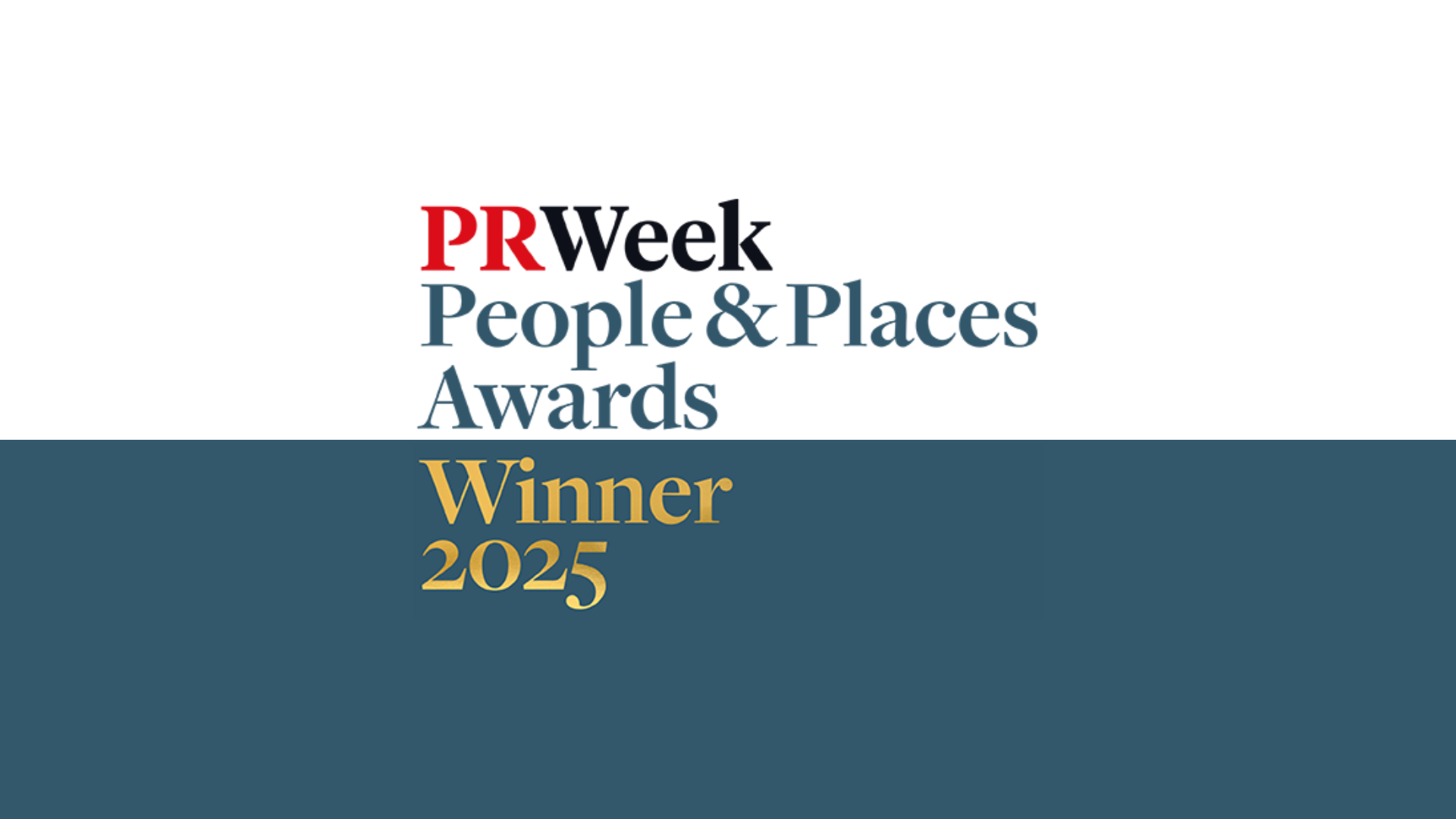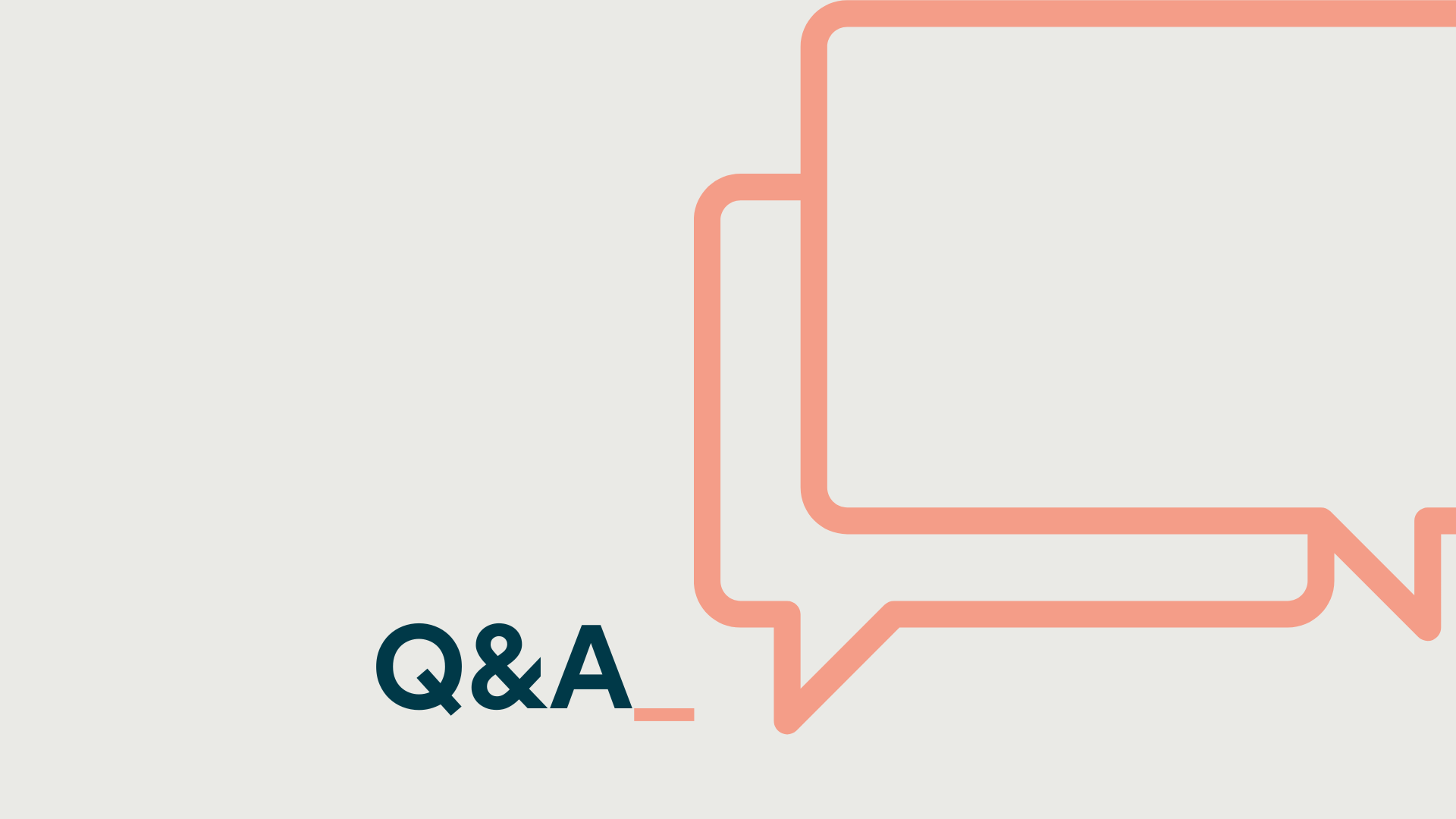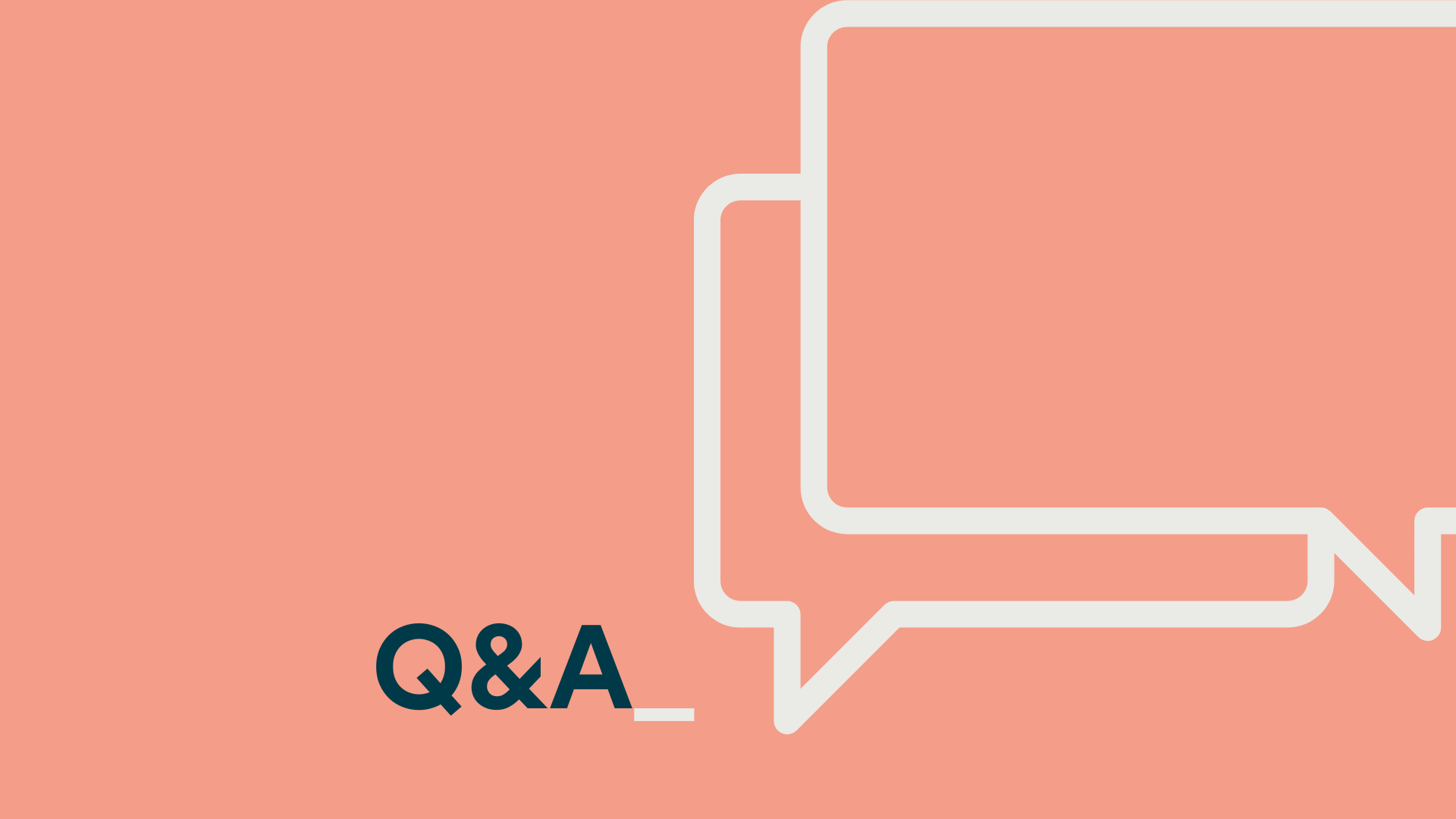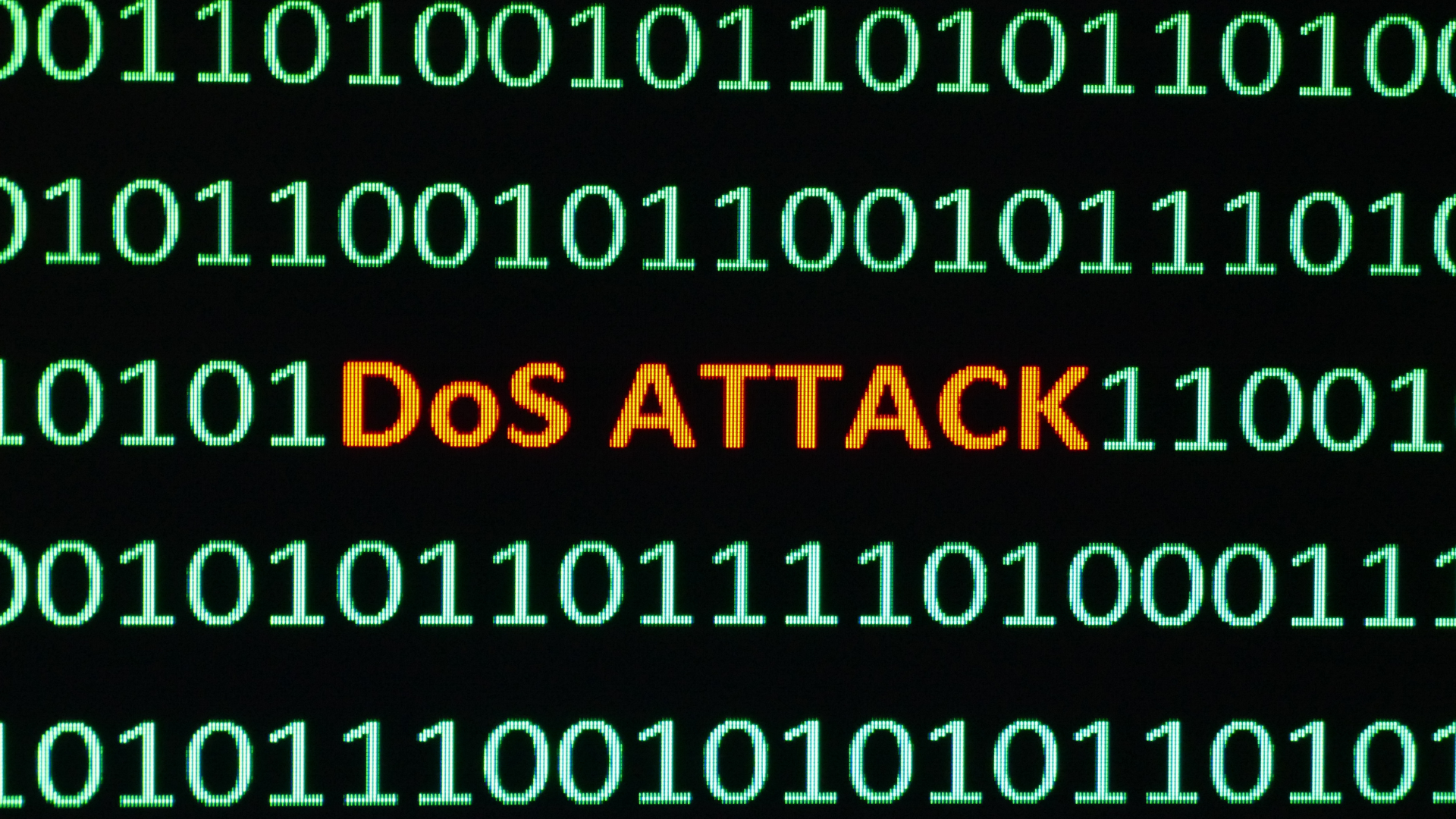Hi Kanika, thank you so much for participating in our cybersecurity Q&A series. I would love to start by asking you:
1) What made you want to start a career in journalism and specifically in technology?
Journalism wasn’t my first choice for a career, it was a management position that I started with. I started my career in Hyderabad engineering industries, as asst. manager imports- where my job was to get the imported raw materials for fans manufacturing, using duty free import licences. That sort of work no longer exists, I think, since international trade is all digital now.
I started my career as a writer after 6 years, after I got married. Writing was a childhood hobby and then I thought I could perhaps take it up as a lifelong career. I started writing for the First City Magazine, which covered the cultural scene in Delhi- in 1995. Technology writing happened much later, in 2005, when we settled in Bangalore and I discovered IT as a whole new field for journalism.
2) Given the dynamic nature of the industry you work in and write about, how do you stay up-to-date with the latest developments, particularly in cybersecurity?
For anyone who has to write, the basic mantra is: READ. I read as much as possible, daily, in articles, on social media.
Of course, interactions with industry leaders add so much more value to my understanding of the fields. This is especially so, because I am not a qualified technocrat. So, whatever I know I have picked up from conversations- published, spoken or heard of in interactions.
3) The events season has finally kicked off, with many well-known conferences to come in the next few months including RSA, BlackHat and more. Do you tend to go to these shows? And if so, what are you looking forward to the most at these conferences?
Not outside of India.
4) As a Managing Editor, what’s the best way for comms people to get in touch with you about their clients’ news and which types of news are you the most interested in?
News and interactions that add perspective for our audiences, those are more welcome than others.
We really write for the technology leaders who want to discuss strategies and ideas about trends, what’s new and where they are headed, as discussions with peers.
That’s what we look at- what will interest technology leaders and IT buying decision makers.
5) Finally, I’d love to ask you about AI. Some say that GenAI tools are threatening journalism when others are embracing it. What are your thoughts on the matter? Are you using AI tools yourself?
From the perspective of our publications, we have a very strict no AI policy. All of our content is written by my team of writers, and the company policy does not even give access to AI writing tools, for the creative teams.
But in the general sense, I have seen AI tools deliver good efficiencies in terms of time and accuracy, for generic and marketing content creation.
For instance, for events, reports creation and even identifying target audiences, AI tools are a great help. It’s especially helpful for no-brainer jobs like transcription – what used to take days before, now takes seconds!
So I won’t discount the fact that AI tools will be a massive support to the writing community.
In my opinion, writers and journalists of the coming years will need to create specializations for their skills, if they are to fight the competition form AI tools. Perhaps human interaction is one of the few things AI tools cannot be put to do as yet!
So, it’s time journalists identify their niche skills or be overthrown by cheaper, faster AI tools.






